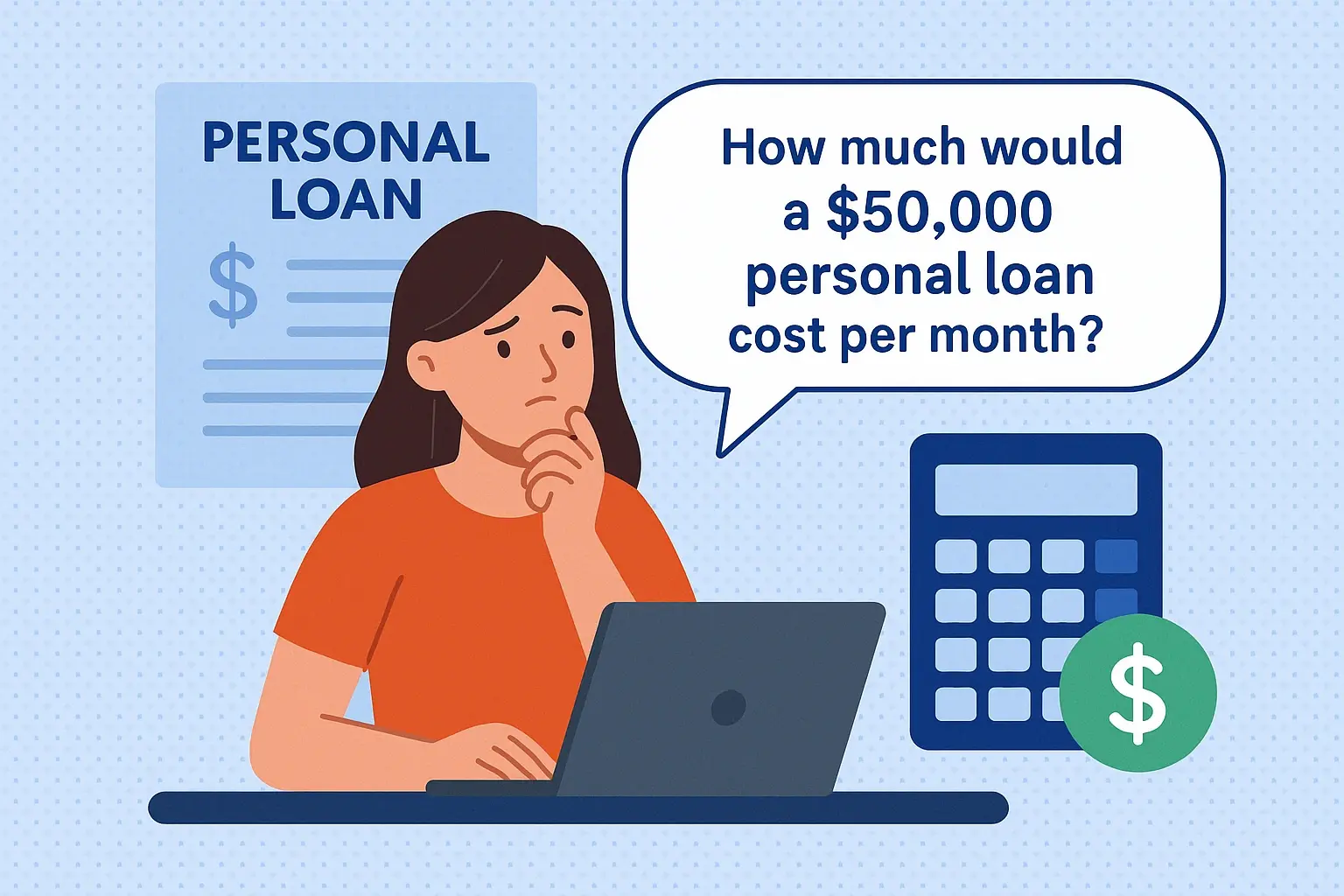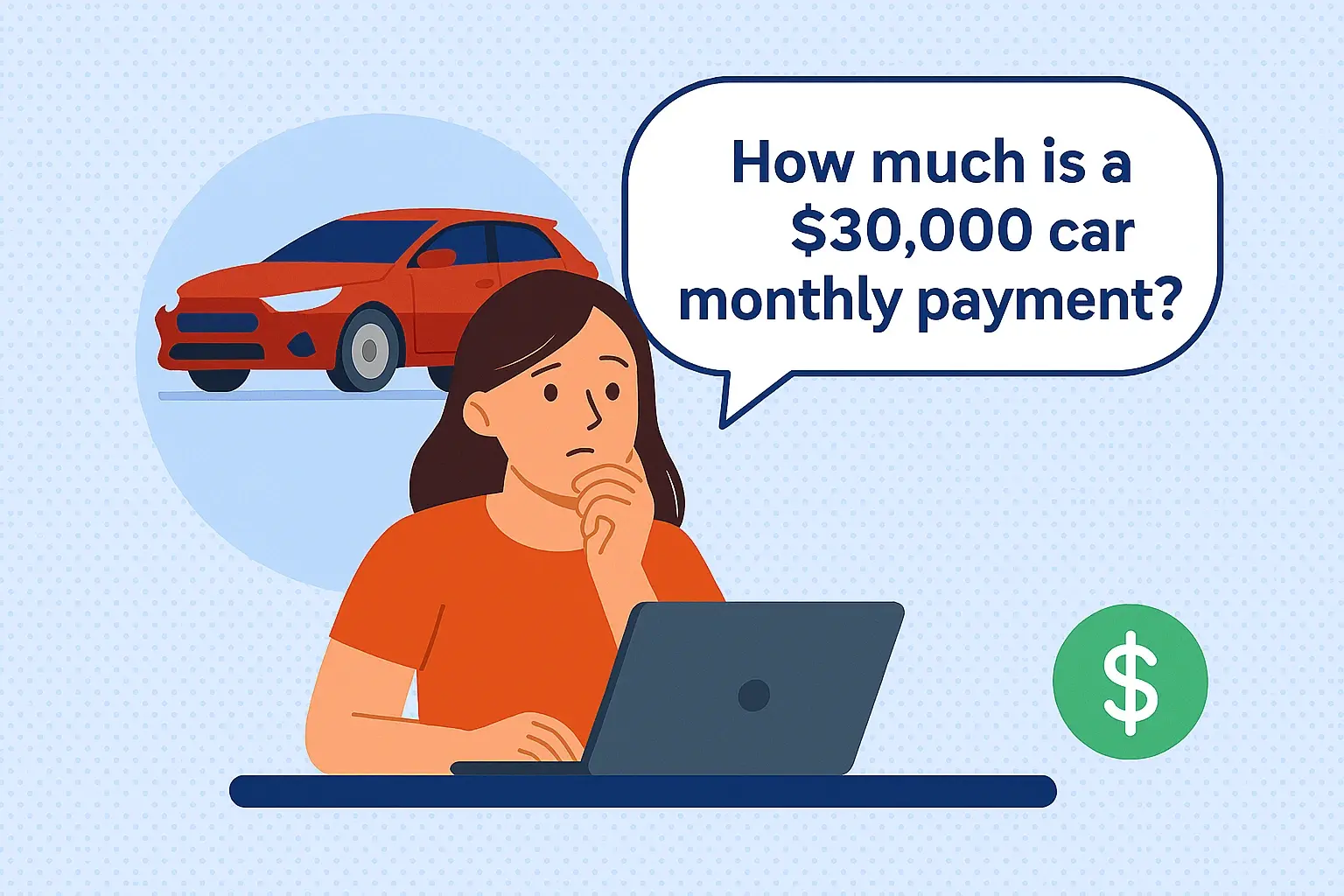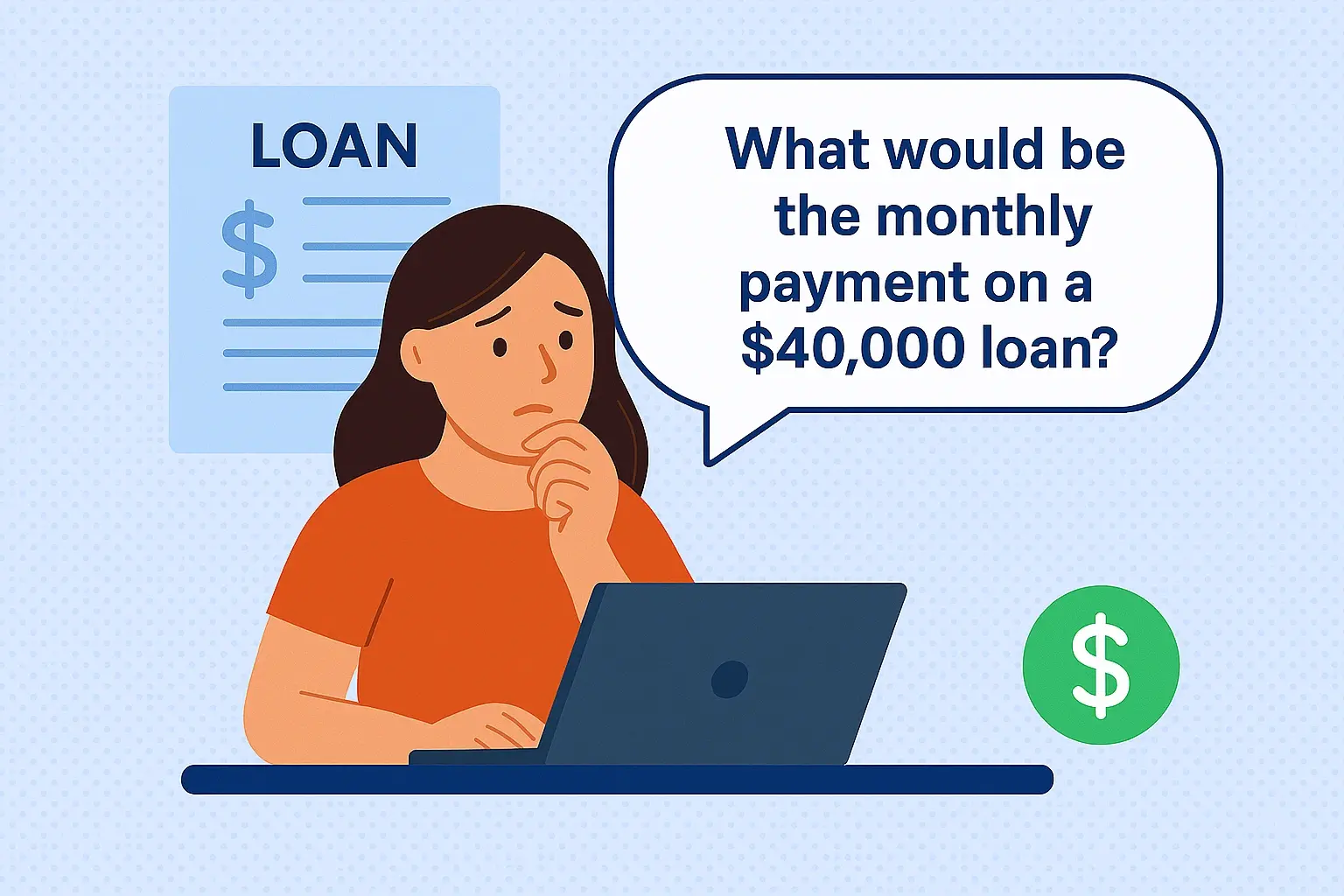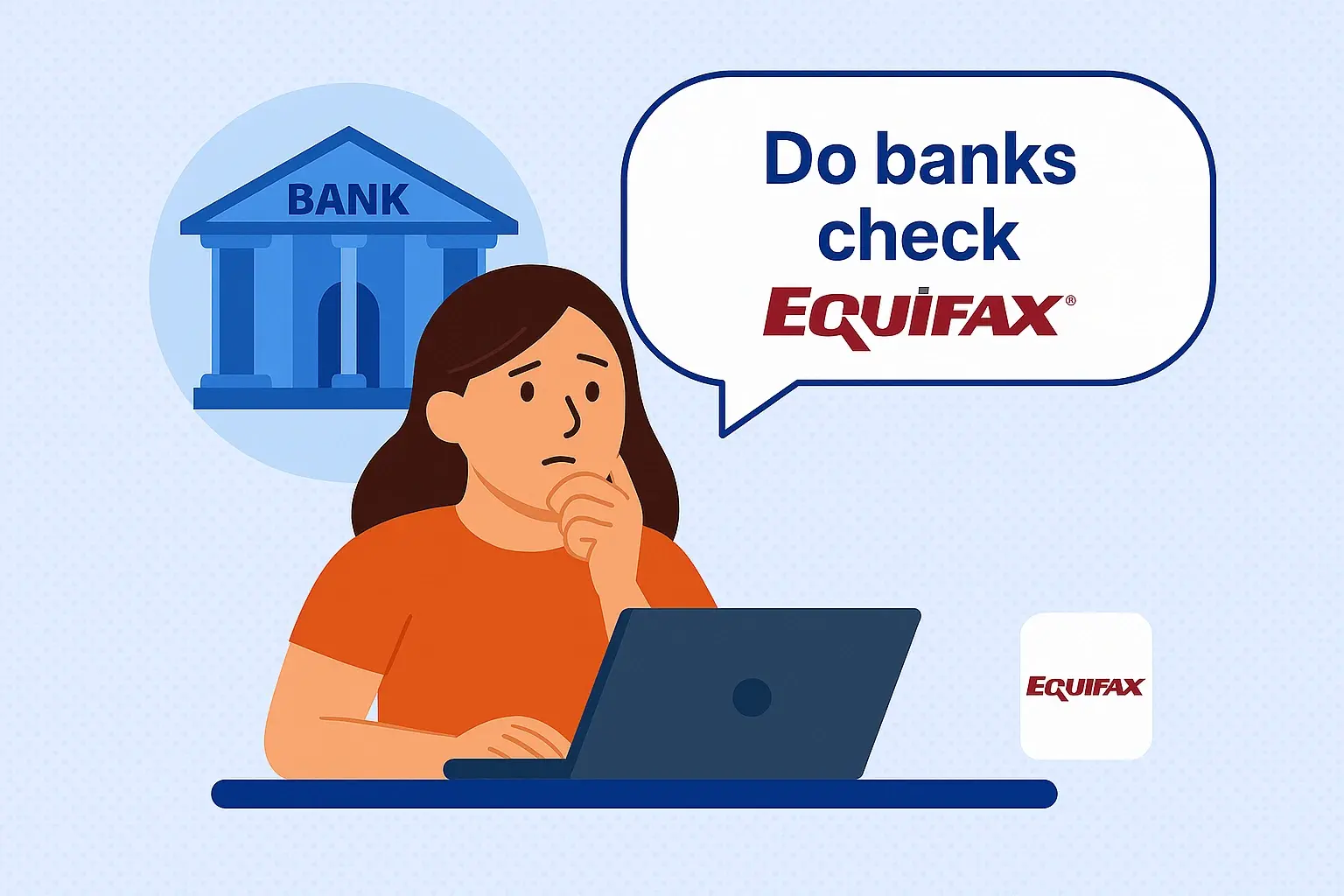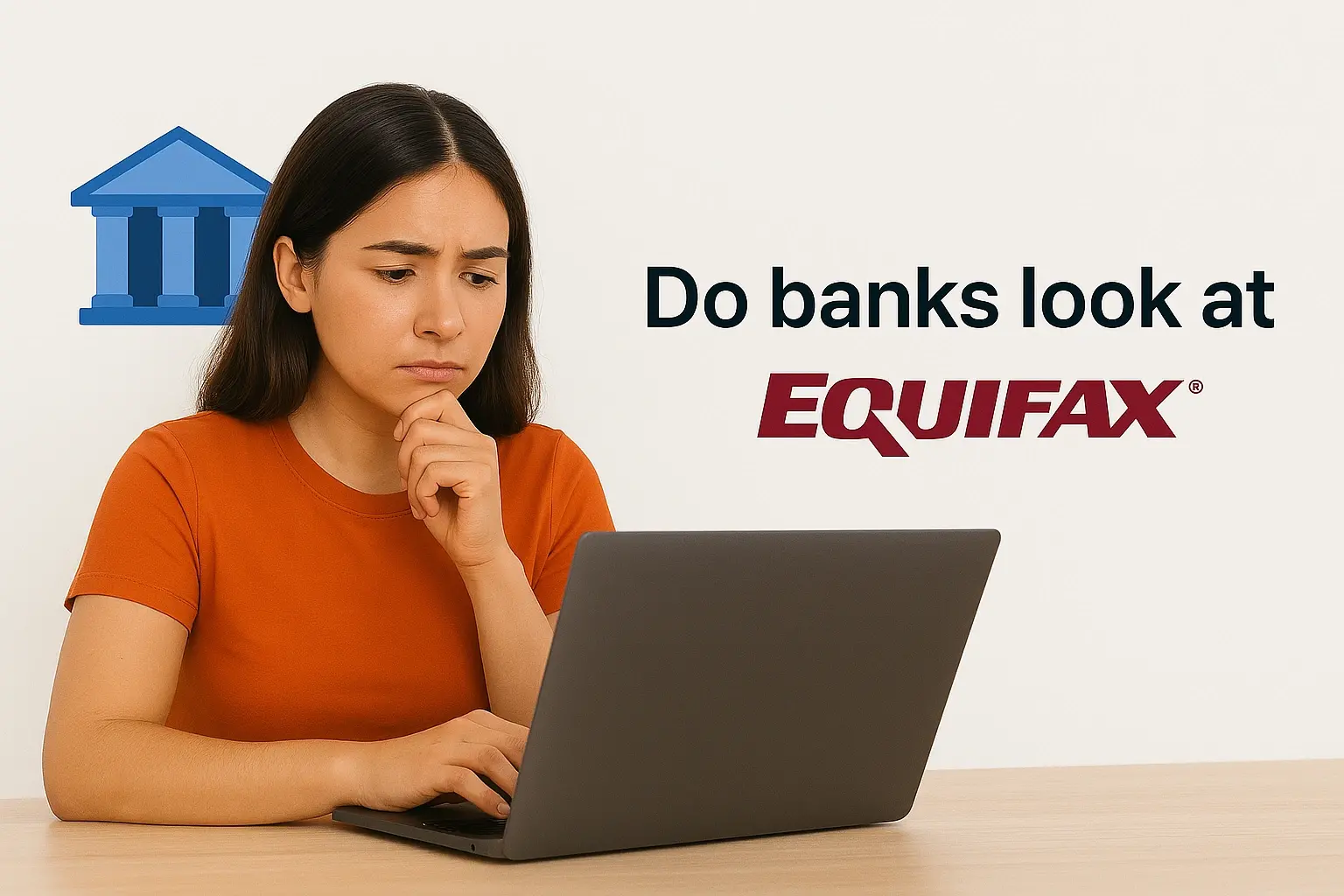-
Posted on: 09 Feb 2024

-
In the current economic scene, bankruptcy is a word with great weight. For both people and companies dealing with extreme financial difficulties, it's sometimes seen as their final choice. For individuals drowning in debt, bankruptcy may provide a new start; yet, it's important to weigh its benefits against its negatives before deciding on such a significant action. Let us explore the advantages and drawbacks of declaring bankruptcy:
Top Pros and Cons of Filing Bankruptcy
Pros:
- Debt discharge: The possible debt discharge that results from declaring bankruptcy is among its most important advantages. The kind of bankruptcy filed will determine whether any debts are discharged, therefore giving the filer a clean slate.
- Automatic Stay: An automatic stay is triggered upon bankruptcy, therefore stopping all creditor collection activity. This provides instant relief to the filer, therefore eliminating wage garnishments, phone calls, and litigation.
- Usually include exemptions allowing filers to keep vital assets such as a house, vehicle, and personal possessions, bankruptcy rules help protect assets. During the bankruptcy procedure, this offers a degree of security for important items.
- Chapter 13 bankruptcy lets debts be restructured into a reasonable payback schedule. This may let people keep their assets while catching up on lost payments.
- Many bankruptcy procedures call for people to participate in courses of financial education or counseling. These tools may provide filers with necessary money management techniques to prevent such future problems.
Cons:
- One of the drawbacks of declaring bankruptcy is significant and long-lasting damage to credit scores. It could stay on credit records for up to 10 years, which makes it difficult to qualify for loans, credit cards, or low interest rates down the road.
- Fileings for bankruptcy are public documents, hence anybody may view them. For some people, this loss of privacy might be unsettling and can compromise their reputation or chances for future work.
- Depending on the kind of bankruptcy filed and the relevant exemption, people might run the danger of losing non-exempt assets like luxury goods, investments, or priceless property.
- Restricted Access to Credit: Getting credit after a bankruptcy discharge is more costly and complex. Should authorized, people might have limited financial alternatives due to severe restrictions and hefty interest rates.
- Emotional Toll: Often associated with emotions of guilt, humiliation, or failure, the choice to file for bankruptcy may be emotionally draining. One should take the psychological effects of this choice on mental health to great attention.
Conclusion:
In essence, bankruptcy is not a choice to be made lightly, even if it could provide a lifeline to someone drowning in debt. Making a decision that fits your financial situation and objectives depends on knowing the advantages and drawbacks. Seeking direction from a knowledgeable bankruptcy attorney or financial counselor can provide great help through the process. Recall that, on the road to financial security, bankruptcy is just a fresh beginning rather than the finish.
Call (888) 803-7889 today to start repairing your credit and securing your financial future!

